Think about who you are affecting when you leave the house during the COVID-19 pandemic (Opinion)
Some youth aren’t considering the effect they could be having on the community when leaving the house during the COVID-19 pandemic
A picture of an empty street.
Sitting in quarantine, all we see flipping through the news channels is that the COVID-19 outbreak is spreading through the U.S. and other countries and how it’s affecting “older people” or immunocompromised individuals. But what does that mean to you and me? We are young. Healthy. On spring break. We should be living it up, hanging out with our friends, and enjoying the nice spring weather.
So why are we stuck inside? If this disease is only really harming people in older demographics, why are we the ones being cooped up inside? Proms are at risk of being cancelled and graduation ceremonies are in question.
Here’s the truth:
By leaving the house, we are killing people.
Someone who is immunocompromised, for example, is much more susceptible to suffering from COVID-19 than a normal person. And unlike older people, you can’t tell if someone is immunocompromised just by looking at them.
Being Immunocompromised means that you have a compromised immune system and reduced ability to fight infections and other diseases.
Being Immunocompromised can result from an autoimmune disease: “In response to an unknown trigger, the immune system may begin producing antibodies that instead of fighting infections, attack the body’s own tissues,” says WebMD. This includes diseases such as multiple sclerosis, lupus, and type 1 diabetes.
It can also come from medications being taken or because of a chronic illness.
“Examples of persons with weakened immune systems include those with HIV/AIDS; cancer and transplant patients who are taking certain immunosuppressive drugs; and those with inherited diseases that affect the immune system,” says the CDC.
But how does that effect you and me? Some of us have friends or family members who are immunocompromised, who aren’t “old”, who are scared of getting COVID-19.
But what’s the real harm in just going to see your friend? From one house to another can’t really hurt anyone right?
Wrong.
Just coming in contact with one person can change everything.
Say you go to your friend’s house, and their dad just got home from work, and he, unknowingly, got COVID-19 from a co-worker and gives it to you. Then you go home and give it to your sister who only goes to her best friend’s house and gives her immunocompromised mom COVID-19. You just ended her life or caused her to become very, very sick because you missed your friend.
“But I would know if I had COVID-19, there are symptoms.” You’re right, there are. However, according to the CDC, you can have COVID-19 for 2-14 days without symptoms. That’s two weeks of exposing other people, healthy or not, to something deadly.
These are the young children and middle schoolers who have diabetes; these are the adults who are living every day with multiple sclerosis; these are our grandparents.
Not only is it your responsibility as a citizen to stay in your home, but you should want to keep your community and country safe regardless of your personal beliefs or situation.
It is also the responsibility of people who are immunocompromised to stay inside. By going outside, you are saying that it’s okay for you to be out but no one else and that isn’t fair. If people are going to stay inside to protect you, you need to be responsible and protect yourself as well as others by social distancing.
Think about taking one for the team of our society. You staying inside is saving lives every day. You are actually helping people by staying home with your annoying little brother and clean-freak mom.
Think about others before you think about yourself. Do not be the reason we are losing grandparents, parents, and friends.
Even though it’s hard being stuck in your house — bored all day — just remember, we are the future, so we have to set the bar and do what’s right. The people who are affected by COVID-19 didn’t choose to have it or to be immunocompromised, so I’m asking you to choose to protect and help them because this is only temporary.
Eventually, you will be able to do all of the things you want to do. But for now, make the right choice. Wash your hands, and stay home.
Your donation will support the student journalists of Mead High School. Your contribution will allow us to purchase equipment and cover our annual website hosting costs.

Marina Goter is a Senior. She enjoys writing, watching TV, and hanging out with family. Marina is a gymnastics coach and does a lot of volunteer work. She is excited to lead the newspaper this year and help others write articles.
You can contact her at [email protected].

Campbell Goter is a Junior. She enjoys dancing and painting. She is on the dance team and is looking forward to stepping out of her comfort zone and trying new things this year.
You can contact her at [email protected]


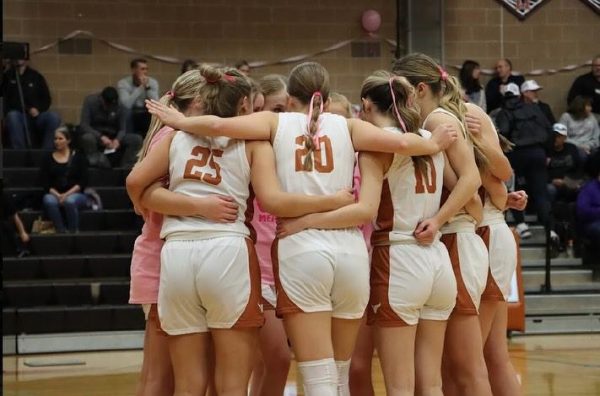

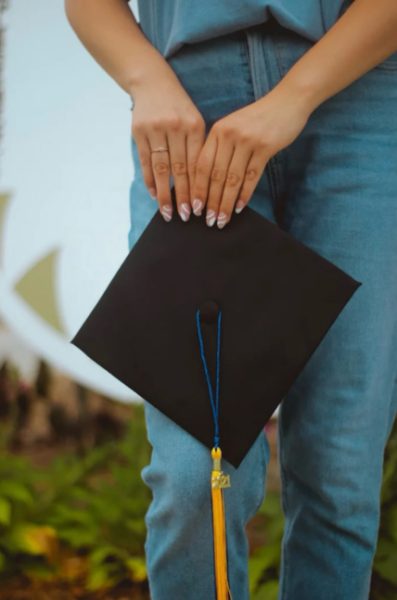
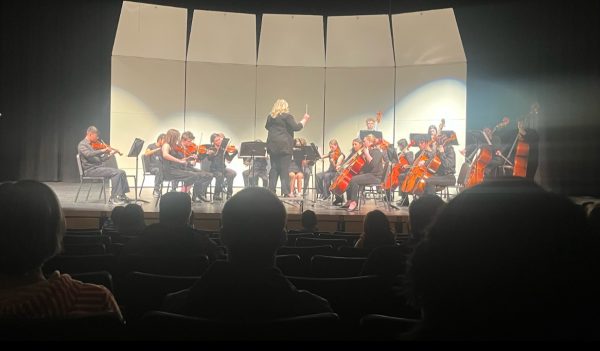
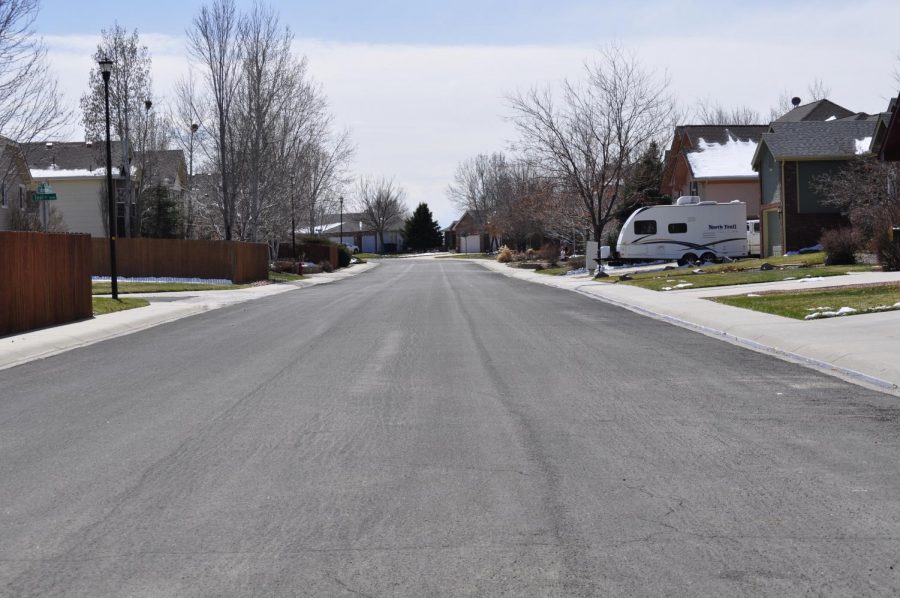

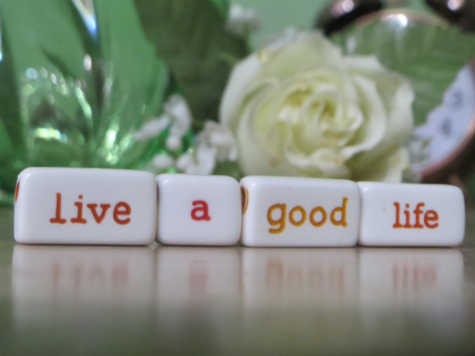
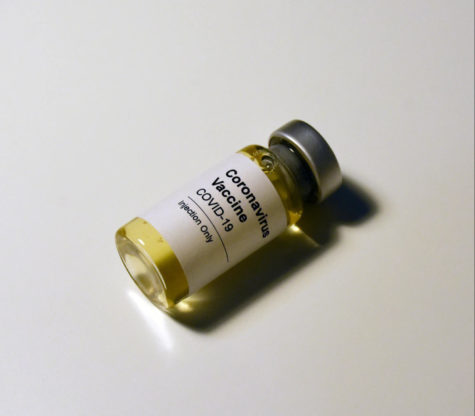


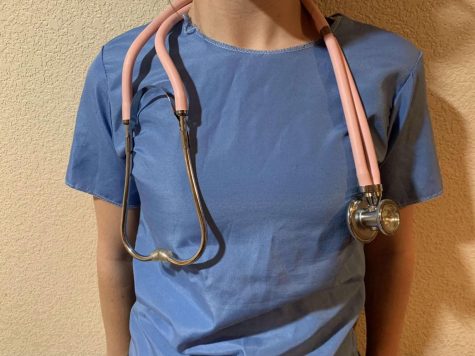

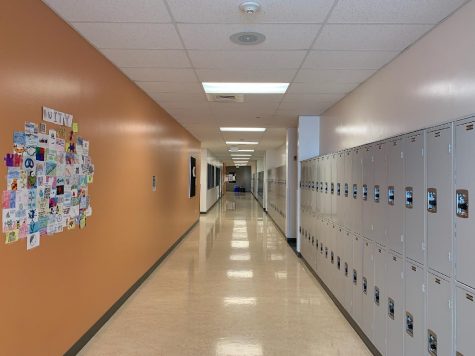

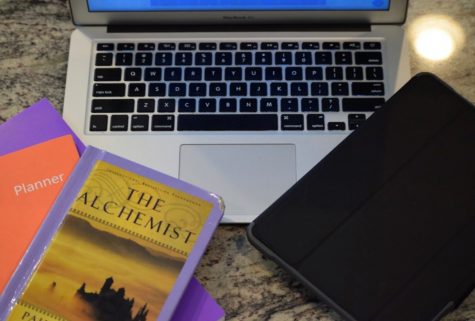
Maria Goter • Mar 23, 2020 at 4:07 pm
Thank you so much for this article! I am immune compromised and the longer people are out and not being quarantined, the longer I have to stay inside. Please stay home people!